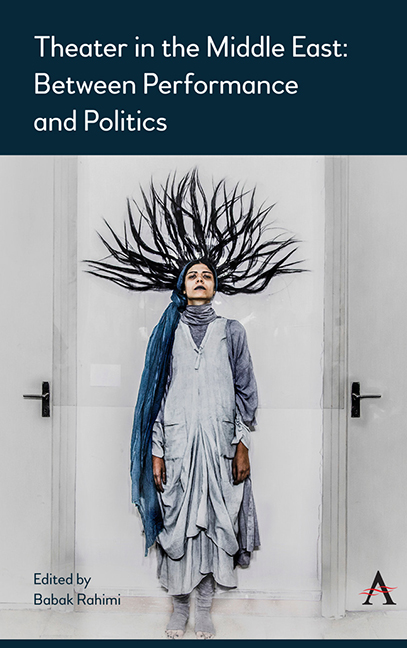Chapter 3 - Nehad Selaiha and the Egyptian Theater
Published online by Cambridge University Press: 04 February 2022
Summary
During most of the history of the modern theater in the Arabic Middle East, theater had been dominated by Egypt, the cultural leader of the region and the site of its most significant cultural institutions, including publishing houses, universities and theaters. Egyptian dramatists and performers have achieved the most renown, and Egyptian historians and theorists have been the most influential. At the very center of the Egyptian theater for the past generation has been a remarkable woman, Nehad Selaiha, whose death at the beginning of 2017 left an enormous void in the Egyptian and Arab theater world. She was not only by far the most widely read, widely informed and influential critic in this world, but was a figure of considerable international stature and the mentor and model for an entire generation of young Egyptian performers, playwrights and scholars, many of them women.
Born in 1945, Selaiha was attracted to theater at an early age. Like many students around the world, her first exposure to this art was the work of Shakespeare. In secondary school, she played both Rosaline and Shylock and dreamed of becoming an actress. She pursued this dream at Cairo University, where she studied English literature in general and the drama in particular. She also continued to perform Shakespeare there, appearing as Hermia and Desdemona. She also met and became engaged to Mohamed Enani, and together they attended theater performances in Cairo, reinforcing the interest both had in this art.
When Enani, as a prominent young critic and literary theorist, received a three-year grant to study in England, he and his young wife went together and further developed their knowledge and experience of theater. Nehad there pursued her academic interests, gaining an MA in English literature from the University of Sussex in 1969. She, her husband and her young daughter remained in England studying and extending their acquaintance with the theater there. They made several returns to Egypt but planned to return permanently in 1975. They found the post-Nassar social and cultural landscape much changed and many of their friends leaving for the Gulf States and elsewhere in search of more economic and political freedom.
- Type
- Chapter
- Information
- Theater in the Middle EastBetween Performance and Politics, pp. 63 - 70Publisher: Anthem PressPrint publication year: 2020



